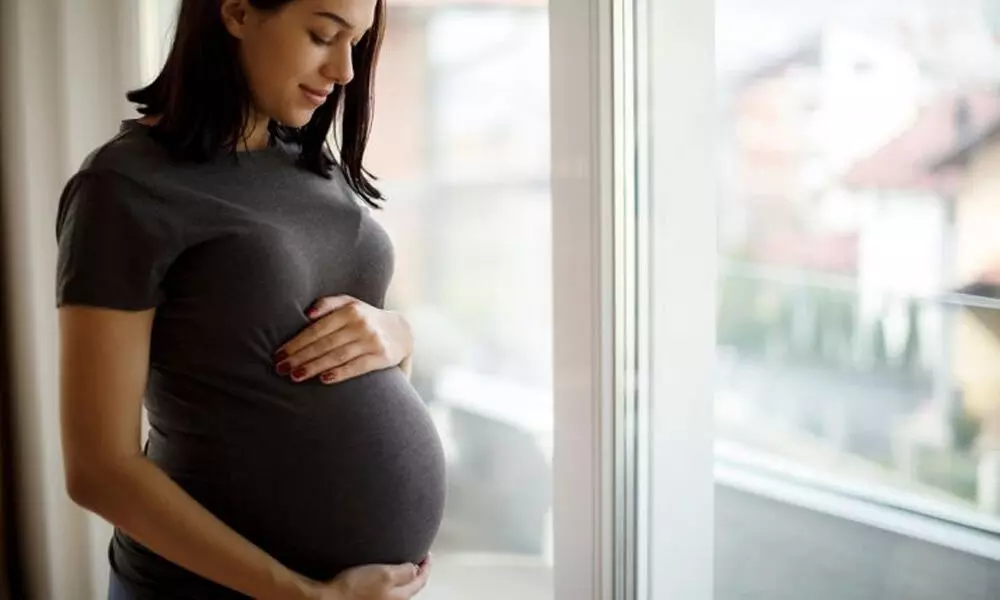Depression after delivery? Do not hesitate to seek help

Depression after delivery? Do not hesitate to seek help
Motherhood is a happy and beautiful phase in a woman’s lifetime
Motherhood is a happy and beautiful phase in a woman's lifetime. During this period, she goes through a lot of emotional, hormonal and behavioral changes which at times impacts her lifestyle. While some women adjust easily to this new routine with the help of their partner and other family members, few may need extra effort to cope up with this phase. The new responsibility and work may push them towards depression if there is no support or they are not ready to accept the changes. This can result in postpartum depression.
Dr. Meghana Reddy, Senior Consultant – OBG, Columbia Asia Hospital Whitefield said, "While it is common for women to feel stressed about their routine and physical appearance after delivery, feeling overwhelmed about it or overburdened about it can lead to various problems. Postpartum depression is one such condition which can affect any new mother after delivery. It is a complex mix of physical, emotional, and behavioral changes after giving birth."
After the delivery, there will be a rapid drop in female reproductive hormones, estrogen and progestogen which usually increases 10 folds during pregnancy. This chemical reaction along with social and psychological changes can impact the mental health of the new mother pushing her to depression.
Women with postpartum depression may experience frequent emotional highs and lows, like crying, fatigue, guilt, anxiety and difficulties caring for the baby. This does not mean that they hate or do not care for their baby. It is only the phase which needs to be identified and treated early.
Listed below are the symptoms of postpartum depression:
• Frequent mood changes
• Unable to sleep
• Anxiety and irritability
• Fatigue
• Difficulty in focusing
• Loss of appetite
• Difficulty in bonding with the baby
• Long bouts of crying
• Withdrawing from family and friends
Though there is no particular reason for the mother to develop postpartum depression, genetic factors and environmental factors may play a major role. Past trauma, hormonal fluctuations, baby with special needs, young age, unwanted pregnancy, premature delivery, no support from the family, lack of time may increase the risk of postpartum depression.
Treatment
Treatment for postpartum depression is essential for the well-being of the parent and the newborn. Sooner the new mother receives it; the sooner they are likely to recover. Psychotherapy, anti-depressant medications, joining and participation is the support group are the few treatment options.
Prevention of postpartum depression:
Postpartum depression can be avoided if the new parents and their family members take recommended precautions. Here are the tips to follow after child birth:
• Ask for help – It could be your partner, family members or friends
• Be realistic about the expectation about your baby
• Sleep or rest whenever your baby sleeps
• Follow a good diet after pregnancy
• Make time for reading, meditation or develop a hobby
• Do not isolate yourself due to the child's work – Have a regular contact with family and friends
• Exercise whenever possible. A small walk in the garden or terrace also helps.
Recognizing the symptoms of postpartum depression and treating it early is crucial. If left untreated, it can affect the bonding between the mother and child in turn impacting the whole family.











